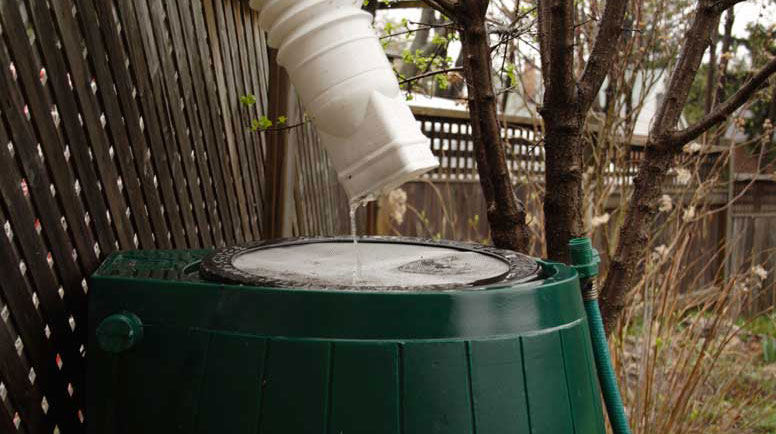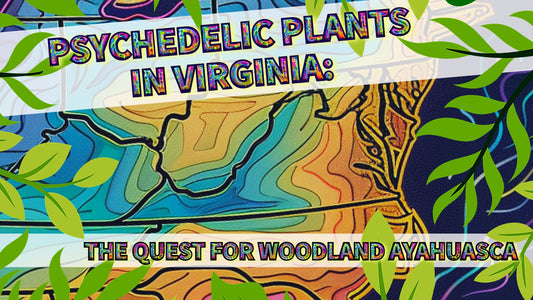Written By: Zach Champ
Connect with me on LinkedIn & Instagram!
![]()
WHAT IS NATURAL POWER & RENEWABLE ENERGY?
When we think of energy and power we usually think of electricity and gasoline. Yet we don’t always stop to consider our natural resources: the sun for solar energy, the local weather for wind-based energy, and the power of running water and fresh rainwater!
All these forms of natural resources are renewable resources- they are constantly available and accessible.
Renewable energy doesn’t run out or deplete, unlike gasoline and oil, which is a finite fossil fuel.
The world will run out of gasoline before the sun goes cold!

Renewable resources make sense: they are all-natural, they are clean and non-polluting, and they can help us promote a brighter and more environmentally sustainable future.
Even here in Washington D.C and the DMV area you can utilize the power of natural and renewable energy resources to provide clean energy to your community, business, and homes.
Renewable energy IS the future and learning about it now can help you prepare for this new technology and service.
Here are a few examples of the different types of renewable energy available and the technology powering this green energy revolution!

☀️ THE POWER OF SOLAR ENERGY ☀️
Perhaps the most familiar renewable energy resource you’ve heard of is solar energy.
Solar energy is the cleanest and least polluting form of renewable energy.

Solar power works by converting the sun’s solar rays into electricity through the use of photovoltaic panels.
The popularity of solar panels is increasing, and solar panels are getting cheaper and more affordable each year. They are also more energy-efficient and can now offset energy bill cost almost completely!
Solar panels can be installed and mounted to rooftops or they can be deployed on the ground to provide solar energy. They can charge backup batteries and help power homes.
Several companies in Washington D.C and the DMV area already do solar energy solutions for homes.
Spotsylvania Virginia just completed a contract to build one of the largest solar energy farms on the East Coast!

Perhaps one of the best features about solar energy systems is that the excess power generated by a system can often be shared with neighbors or sold back as energy credits to the power company!
For homeowners who live in areas where the sun is dominant year-round, this is a huge incentive to go solar.
This is known as net-metering by most solar utility companies and should be asked about when inquiring about solar for your home.

The idea of an alternative energy grid has intrigued landowners, scientists, and engineers alike for decades. With tools like solar panels and with the right local weather conditions, this is now a possibility.
For those considering an alternative energy grid, you must realize that solar panels alone cannot completely satisfy your renewable energy needs.
Solar panels usually only have peak efficiency during the summer months, and usually perform dismally during the winter months, especially if there’s a lot of overcast and clouds.
For an alternative energy grid, other renewable energy resources would have to be integrated to make a year-round, sustainable system.

💨 THE POWER OF WIND ENERGY 💨
As the Earth’s surface is heated by the sun, warm air rises in the atmosphere while cooler air condenses and sinks.
This moving air interacts with the landscape and geography of the planet including the mountains and oceans.

As the air dances around in an attempt to gain equilibrium or balance, the wind is created!
We are all familiar with how powerful wind can be- on a stormy day a strong enough gust can knock a person over! But did you know wind can be a powerful renewable energy source, capable of powering home and energy grids?
Many countries around the world are starting to use windmills to generate power for their electrical grids...
One region of the world that sees a lot of use of windmills is in the Atlantic coastal regions of Nordic countries like Sweden and Norway.
In fact, Europe is the leading region of the world for the use of wind turbines for alternative energy.
Here giant offshore wind turbines are used to generate electricity off of the fierce winds naturally produced by the ocean.

There are several advantages to offshore wind turbines, primarily the increased intensity of wind power available by the ocean, which can generate a lot of power; as well as the ability to build these wind turbines and energy production facilities closer to cities, removing the need to build long overland transmission and energy supply networks.
Wind turbines also can be used on land for the same purpose with many of the same benefits as an offshore system.
There are some disadvantages to using wind as a renewable energy source, mainly that wind is variable throughout the year and this makes peak power production range dramatically, depending on the season.
Wind farms can be great installations for people who have access to land with plenty of open space and strong seasonal winds.
![]()
💧 THE POWER OF WATER (HYDRO) ENERGY💧
For thousands of years, the power of running water has been used in everything from mills to aqueducts.
Not only is water important for our health and other biological and ecological reasons, but water is an essential source of energy.
One interesting way to harness the power of running water on your property is the water wheel.
A water wheel utilizes the kinetic energy of the running water to spin a wheel mounted to an electricity-generating turbine.
This can easily be made as a DIY project using cheap, easy to find parts! In order to install a water wheel, you will need to have some sort of running water on your property such as a creek, river, stream, or waterfall.
This is essential since the running water is what generates natural kinetic energy. Stillwater such as ponds or lakes can’t be used for this purpose.
Check out these cool YouTube videos that demonstrate a few ways you can make a hydro-electric water system for your home if you have running water available!
Another great use of water as a natural, renewable resource is collecting rainwater.
Setting up a rainwater collection system is incredibly easy and can help provide you with water for use in gardening projects as well as bathing and hygiene!
Drinking collected rainwater is not usually advised if you live in the city due to pollution, but if you live in a more rural or remote environment you can utilize collected rainwater for drinking water purposes.

![]()







